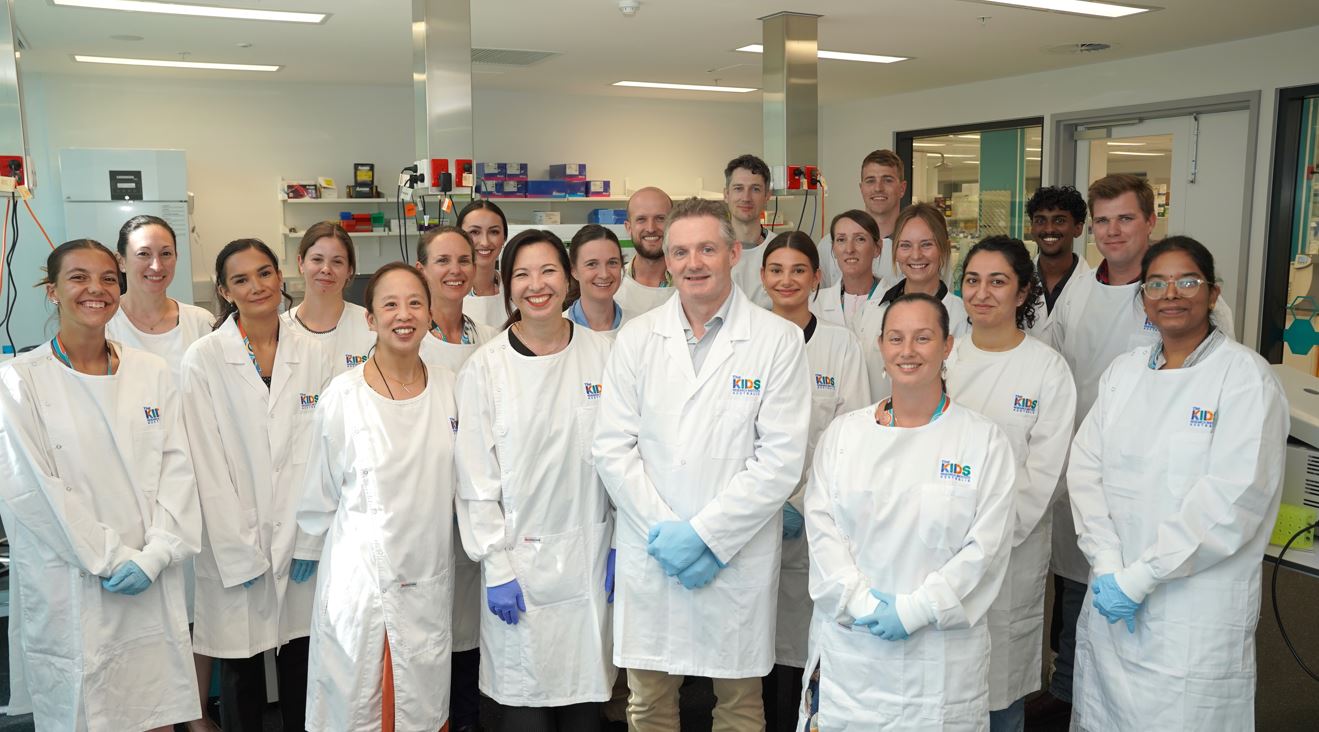Search
Research
Relapse and outcome patterns of patients with central nervous system mixed malignant germ cell tumors treated without irradiationThis study investigated the relapse and outcome patterns of patients with central nervous system mixed malignant germ cell tumors treated with chemotherapy-only
Research
The evolution of clinical trials for infant acute lymphoblastic leukemiaDespite initial improvements in survival of infants with ALL since establishment of the first pediatric cooperative group ALL trials, the poor outcome has...
Research
Glioma-specific Domain IV EGFR cysteine mutations promote ligand-induced covalent receptor dimerization and display enhanced sensitivityEpidermal growth factor receptor (EGFR) is over-expressed in many brain tumors. This paper examines mutations the EGFR that make the cell it is produced in...
Research
Efficacy of acute myeloid leukemia therapy without stem-cell transplantation in a child with blastic plasmacytoid dendritic cell neoplasmOur case demonstrates that AML therapy, without HSCT, can be sufficient to treat this rare disease in children.
Research
Identification of suitable endogenous control genes for microRNA expression profiling of childhood medulloblastoma and human neural stem cellsMedulloblastoma (MB) is the most common type of malignant childhood brain tumour.

We strive for a future where no child will die from brain cancer because we have developed new therapies that will cure their disease.
Research
Clinical Characteristics and Outcomes of Central Nervous System Tumors Harboring NTRK Gene FusionsTropomyosin receptor kinase (TRK) fusions are detected in less than 2% of central nervous system tumors. There are limited data on the clinical course of affected patients.
Research
Precision-guided treatment in high-risk pediatric cancersRecent research showed that precision medicine can identify new treatment strategies for patients with childhood cancers. However, it is unclear which patients will benefit most from precision-guided treatment.
Research
Stability and change in self-reported risk and resilience factors associated with mental health of siblings of individuals with and without neurodevelopmental conditions over 15 monthsSiblings of individuals with neurodevelopmental conditions (NDCs) are a minority population at higher genetic and environmental risk of poorer neurocognitive and psychosocial outcomes compared to siblings of individuals without NDCs.
Research
Grandparents’ Experiences of Childhood Cancer: A Qualitative StudyA child's cancer diagnosis has a significant impact on the lives of grandparents. Grandparents experience the stress of worrying about both their adult children and their grandchildren. Our study aimed to explore the lived experience of grandparents of children diagnosed with cancer.
